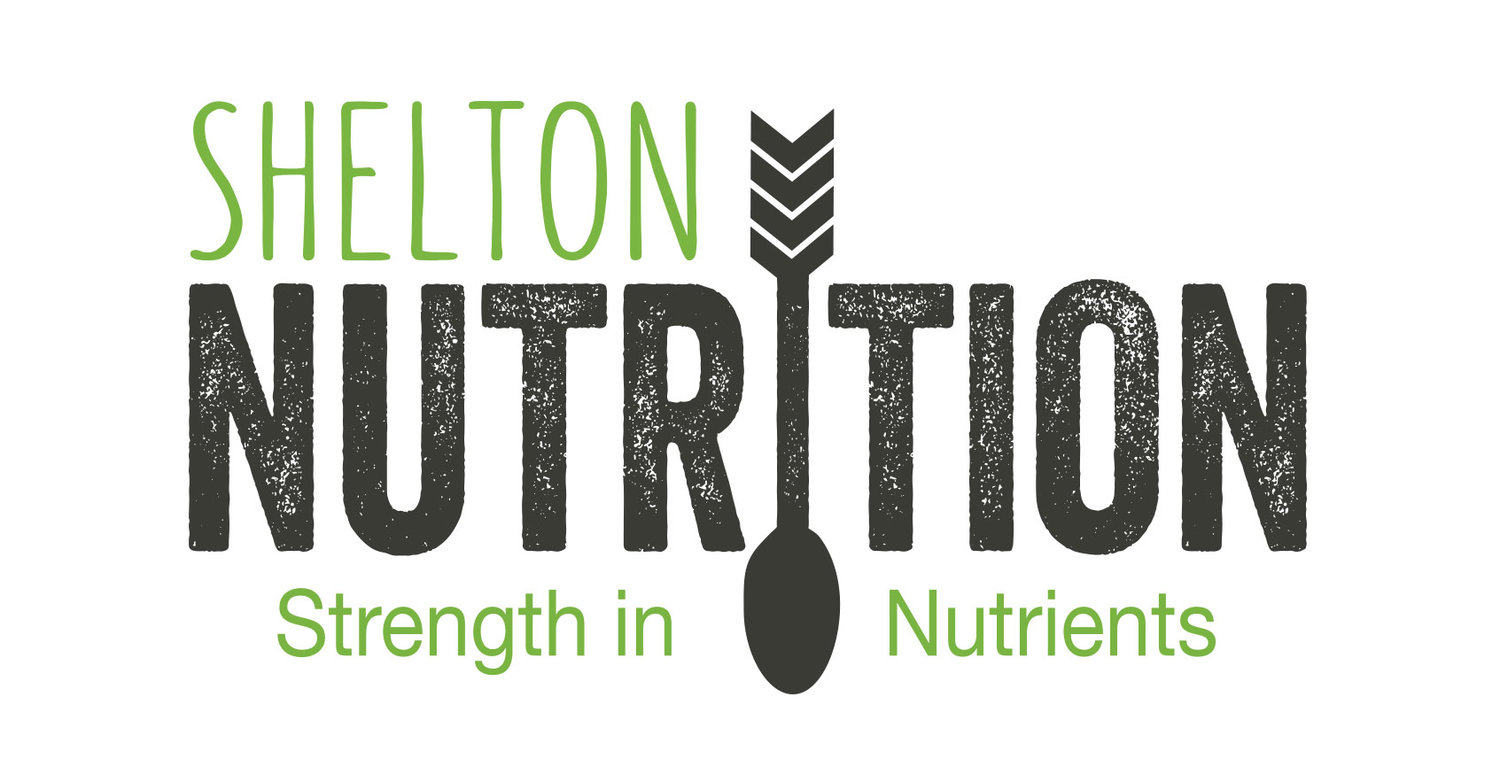

Qualified Nutritional Therapist: What is that anyway??
There are so many terms being thrown around these days in the health practitioner field that it’s no wonder you might not know what most of them are or what the difference is between them!

Your Oxygen Mask Goes on First
The oxygen mask that drops down when the pressure reaches a certain level in a plane, has become a symbol of the importance of taking care of yourself before you take care of others, when the instinct might be to do the opposite.

Confessions of a Nutritional Therapist
I did not set out to become a Nutritional Therapist. Actually, I had never heard of Nutritional Therapy. Do you know what a Nutritional Therapist is?

Weight Loss: What to Try Next
If you have a weight loss goal, but don't feel that it's working the way that you had hoped, something’s missing. If you are only focusing on diet or exercise, and not finding the results you're seeking, read on...there are a few additional things to think about.

Vegan or Paleo
This is a question I hear a lot, and a question I had myself while in nutrition class. So how did I reach a conclusion and what is my advice, now that classes are over, I’m qualified and practicing, and have an opinion?

